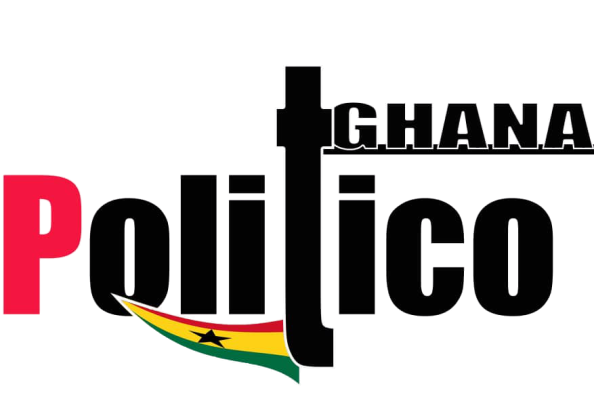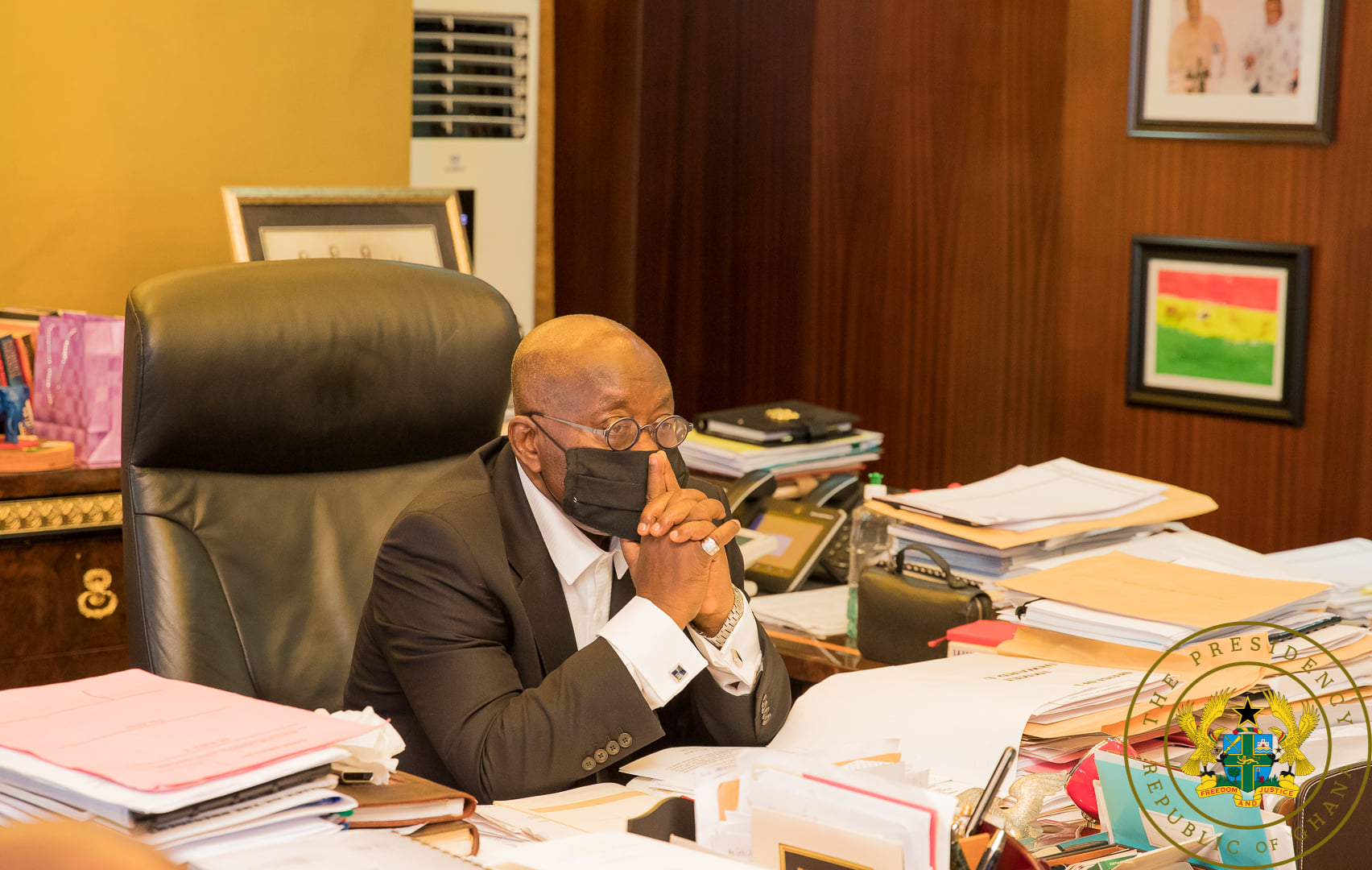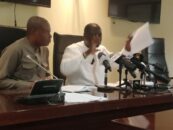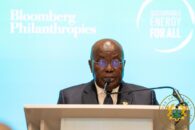The President of the Republic of Ghana, Nana Addo Dankwa Akufo-Addo, on Tuesday, March 9, 2021, walked to the country’s legislature and gave an account to the law makers of the dire consequences of the novel corona virus (COVID-19) on the Ghanaian economy.
He told a well-packed House that all the projections that were made for the year 2020 had to be revised downwards to reflect how the COVID-19 pandemic has had on the economy.
For instance, he said the country’s overall economic growth rate for 2020 was revised downward from 6.8% to 0.9%.
Projections for the non-oil economy was also revised from 6.7% to 1.6% with revenue shortfall estimated at GH¢13.5 billion, with additional expenditures related to stemming the tide of COVID-19 also estimated at GH¢11.8 billion.
The combined effect of these two, he noted, amounted to GH¢25.3 billion, representing 6.6% of the country’s GDP.
“The resultant fiscal deficit for 2020 was, thus, revised from 4.7% of GDP to 11.4% of GDP. This was done to reflect the impact of the pandemic. The fiscal responsibility rule of keeping a deficit within a threshold of 5% of GDP and a positive primary balance for every year was suspended in 2020 to enable fiscal operations accommodate the impact of the pandemic”, he noted.
He added “Mr. Speaker, in the face of a global pandemic that has ravaged lives and livelihoods in all parts of the world, we cannot afford to pursue interests that will leave our nation and its citizens the poorer for it. COVID-19 has impacted heavily on economic activities, created uncertainty, and weakened Page 3 of 26 global growth conditions, whilst putting undue strain on already weak and fragile health systems, particularly in developing countries”.
“Mr. Speaker, between 2017 and the first quarter of 2020, we had made considerable gains in the management of the national economy, where we witnessed annual average GDP growth of seven percent (7%), single digit inflation, reduced fiscal deficits with three consecutive years of primary surpluses, a relatively stable exchange rate, a significant improvement in the current account with three consecutive years of trade surpluses, strong foreign exchange reserve buffers, markedly reduced lending rates, and appreciable job creation. According to the COVID-19 Business Tracker survey, conducted by the Ghana Statistical Service, in collaboration with the United Nations Development Programme (UNDP) and the World Bank, the COVID-19 pandemic has led to job losses, with many Ghanaian businesses and firms being forced to cut costs by reducing staff hours, cutting wages, and, in some cases, laying off workers. This survey, again, showed that about seven hundred and seventy thousand (770,000) workers had their wages reduced, and about forty-two thousand (42,000) employees were laid off during the three-week partial lockdown imposed on the Greater Accra and Greater Kumasi Metropolitan Areas and their contiguous districts, Tema and Kasoa”.
According to the President, despite all the shortfalls, government succeeded in protecting the jobs and incomes of all public sector workers.
“Indeed, the cost of COVID-19 has been enormous”, he confessed while addressing the lawmakers in his Message on the State of the Nation.




